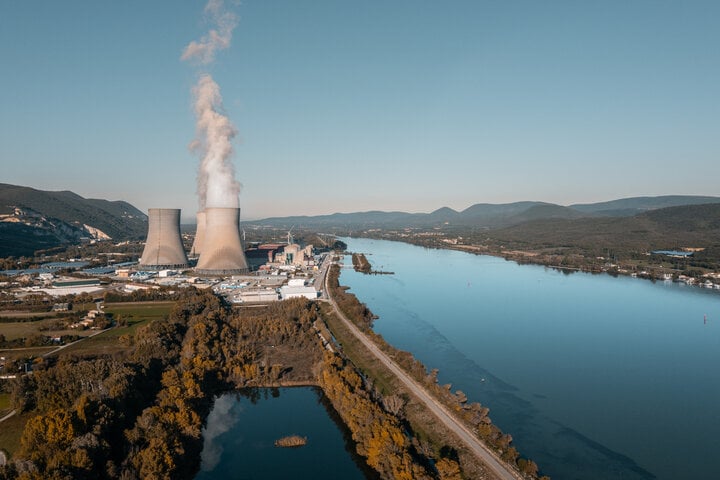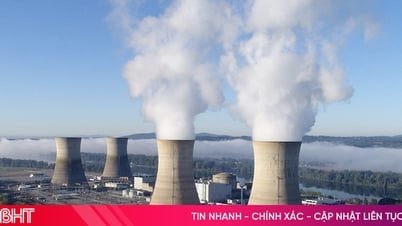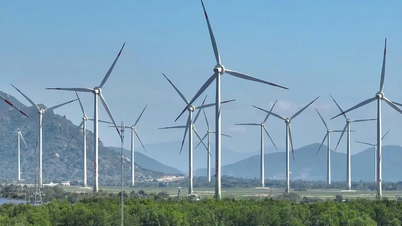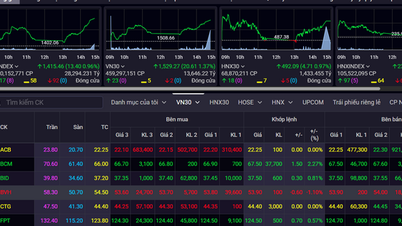Global nuclear power generation is expected to hit an all-time high in 2025 as more countries turn to the technology as part of their plans to reduce emissions to “net zero,” according to the latest forecast from the International Energy Agency (IEA).
The IEA forecasts that nuclear power generation is in a recovery phase and is expected to increase by an average of nearly 3% per year until 2026.

Rising renewable energy capacity and a global nuclear renaissance will provide more low-emissions energy sources over the next three years, according to the IEA.
The IEA report says growth will be driven mainly by new plants in China and India, with South Korea and several European countries also set to see new nuclear facilities come online.
France is expected to increase nuclear power output after completing maintenance on its facilities, while Japan is on track to restart some of its nuclear power plants.
Britain, Sweden and Switzerland are also among countries that are on track to increase domestic nuclear power generation by extending the operating lives of existing plants and building new ones to boost energy security as electricity demand rises.
Rising renewable energy capacity and a global nuclear renaissance will provide more low-emissions energy sources over the next three years, according to the IEA.
"The power sector currently accounts for more CO2 emissions than any other sector of the world economy . The wider use of renewables and nuclear power is encouraged given the strong growth in global electricity demand over the next three years," said IEA Executive Director Fatih Birol.
After the 2022 energy crisis, largely caused by Western sanctions against Russia, many governments chose to revive their nuclear sectors. Some countries, notably Japan and Germany, began to return to nuclear power after the Fukushima accident in 2011.
The IEA also noted that Russia and China's influence in the nuclear sector is growing, with the two countries providing technology for 70% of the reactors currently under construction worldwide .
As of October 2023, there are approximately 450 nuclear reactors operating worldwide, providing approximately 10% of total electricity production and approximately 4% of total global energy sources.
Tra Khanh (Source: russian.rt.com)
Source


















![[Podcast] News on March 25, 2025](https://vphoto.vietnam.vn/thumb/402x226/vietnam/resource/IMAGE/2025/4/3/735b3003484942af8e83cbb3041a6c0c)























































































Comment (0)